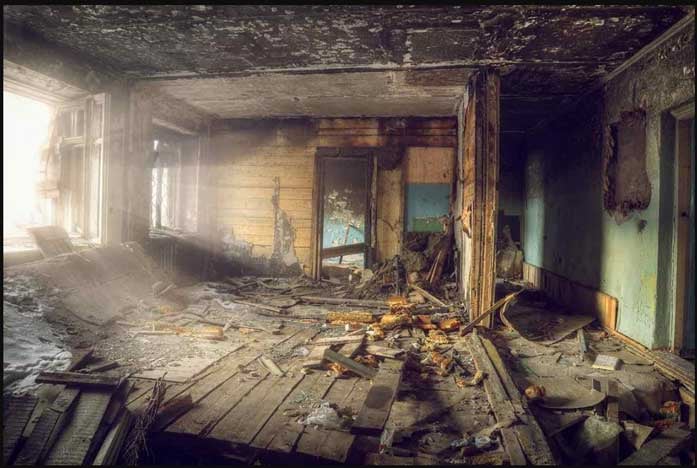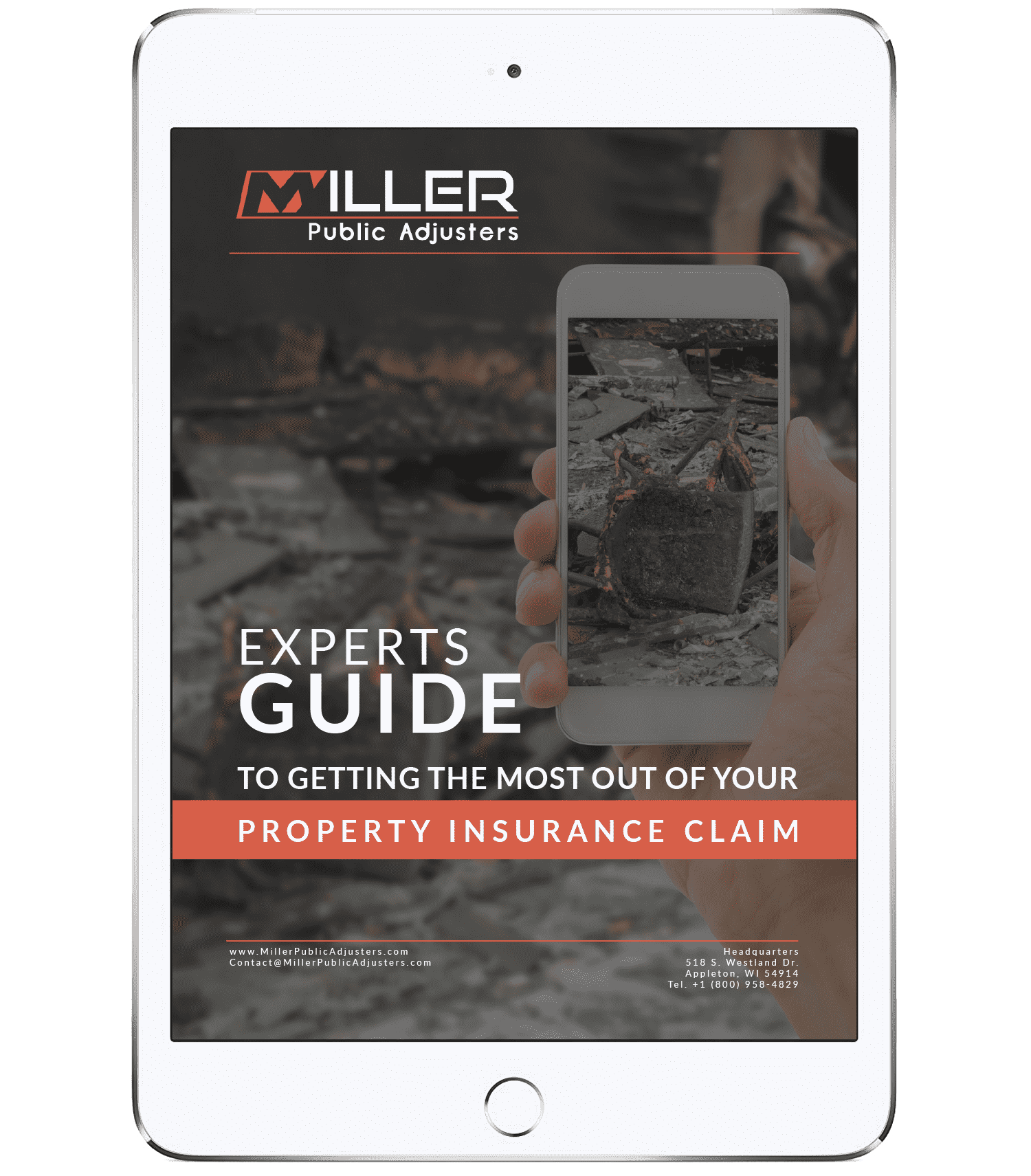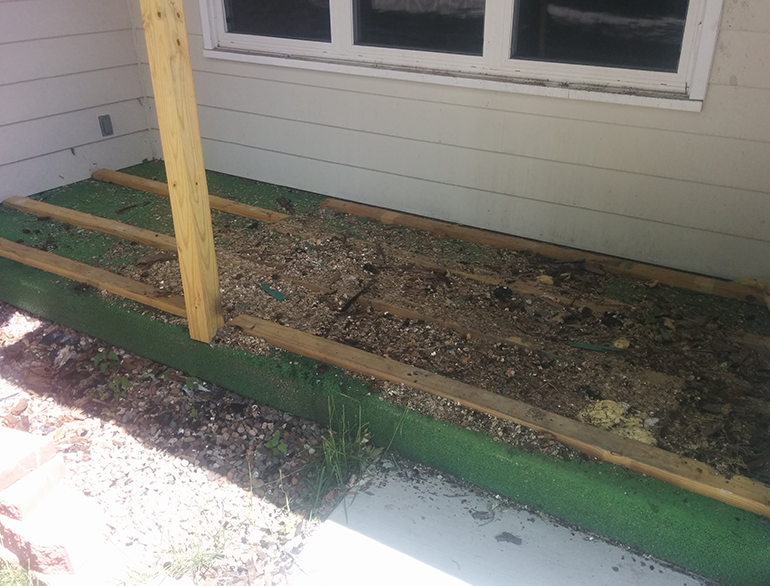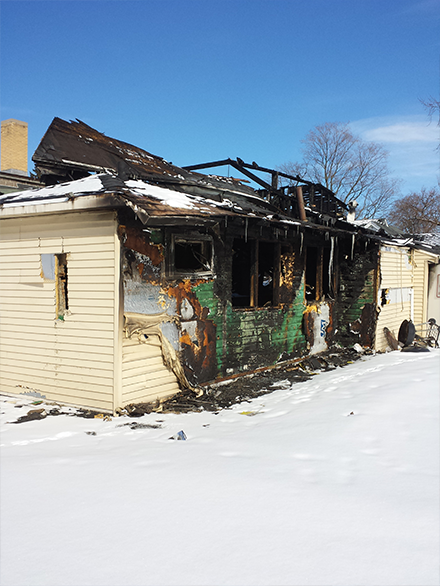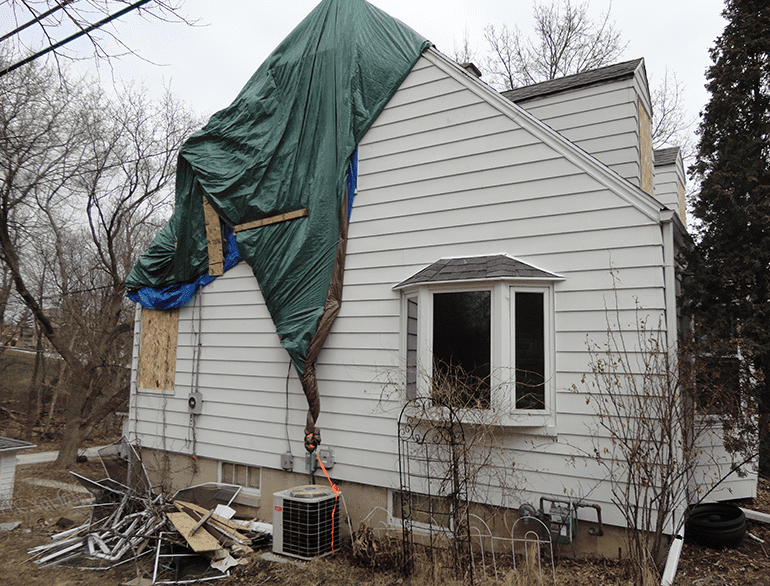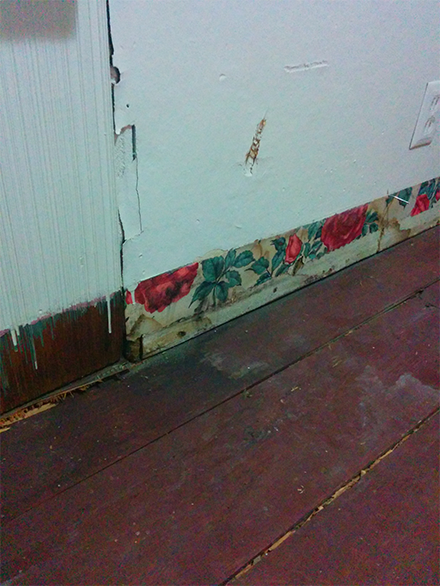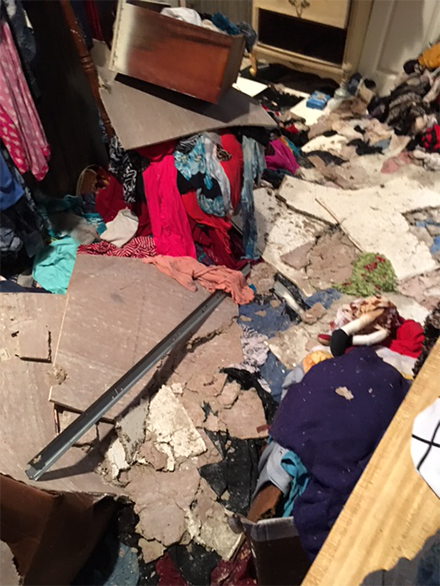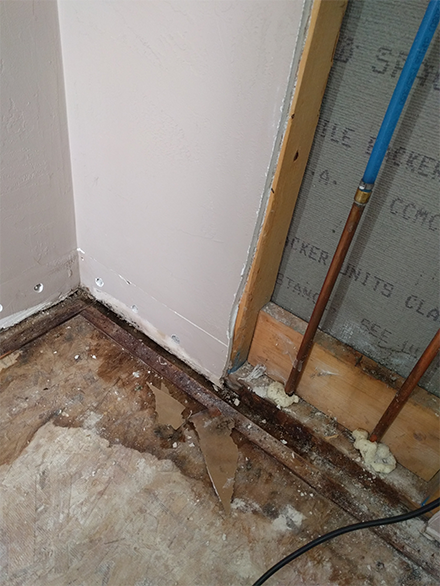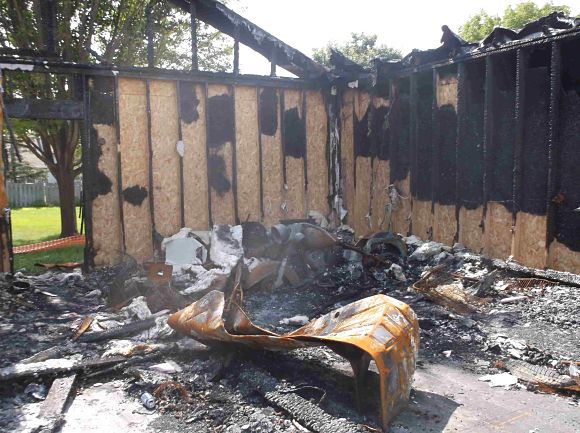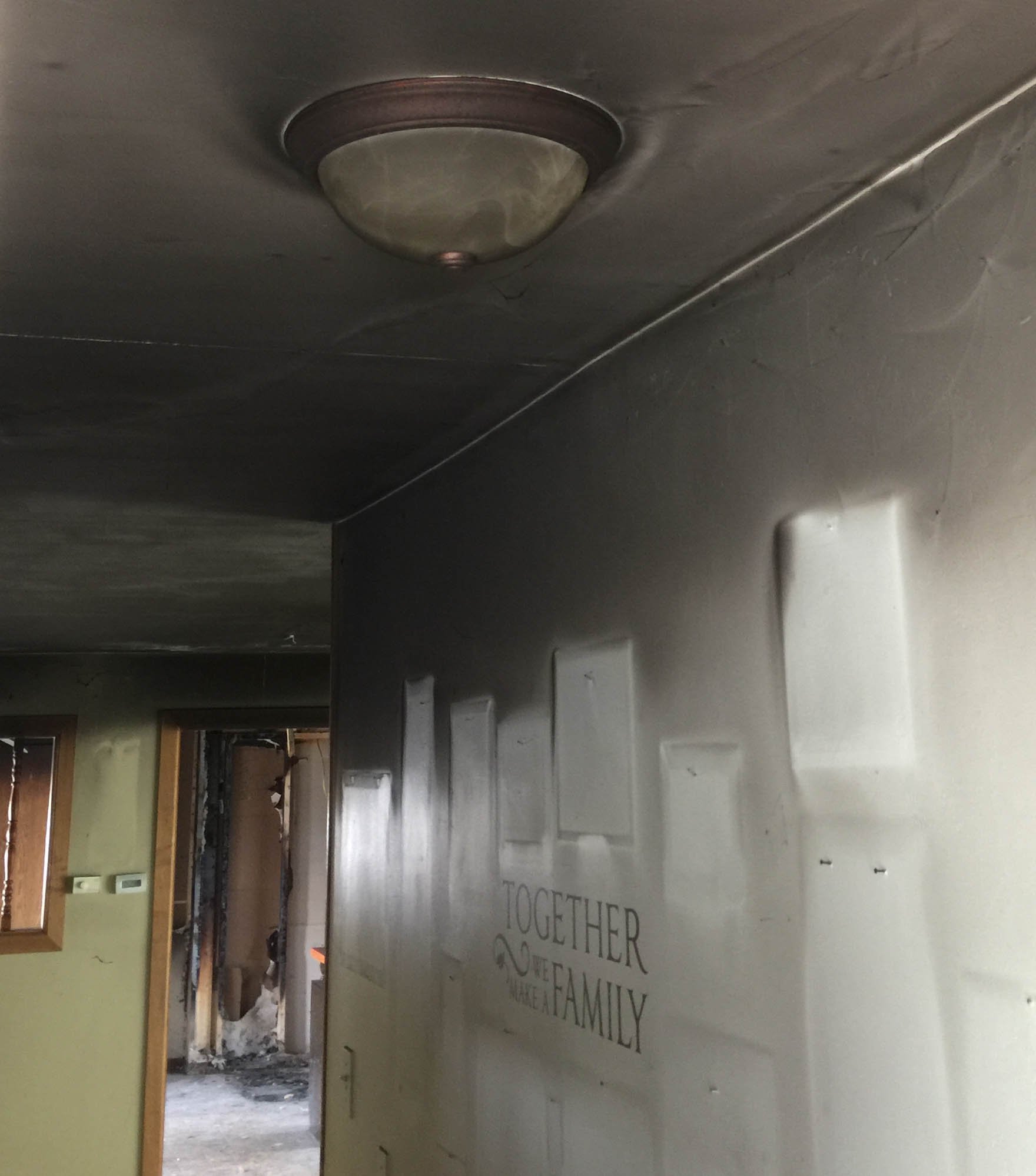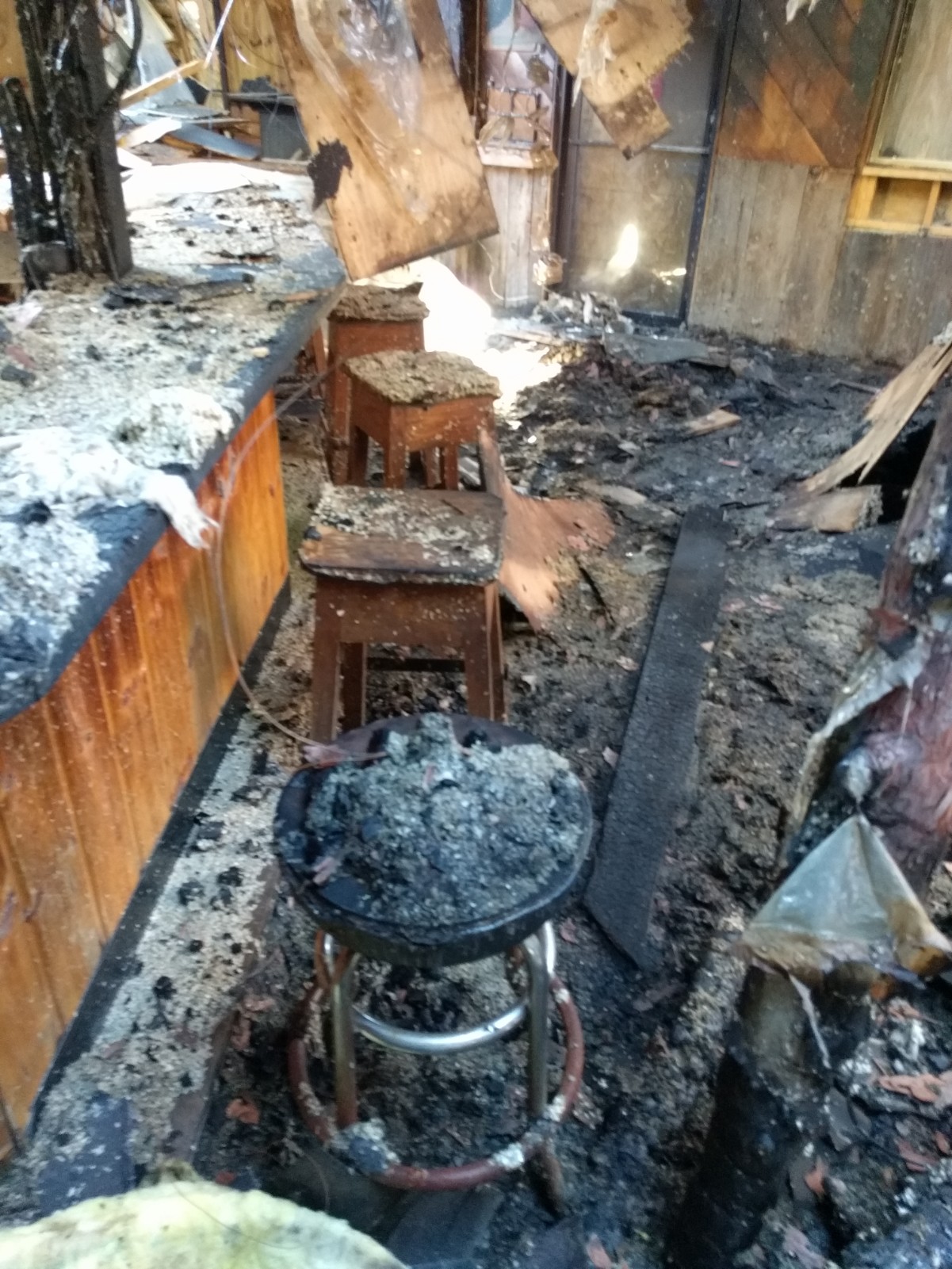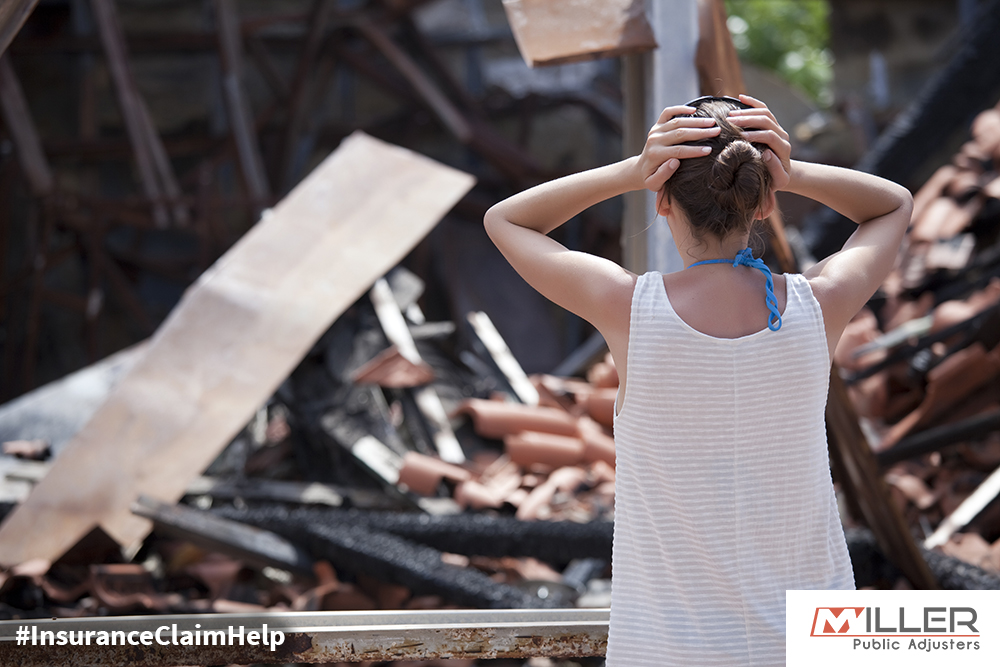
No one should have to deal with the trauma of a house fire. But if your house burns down, expert advice can help. Here are some of the first things you should do.
- Find temporary housing. It will likely be unsafe, if not impossible, to stay in your own home after a fire. Your homeowners insurance policy likely includes coverage for you to obtain temporary housing that sustains your current standard of living. Confirm this in your policy. Be sure to save all receipts for any costs your incur for housing, or any needs, stemming from your loss.
- Call your insurance agent. Even though it’s difficult to think about all the things you need to do when coping with the trauma of a house fire, starting an insurance claim is an absolute must when it comes to first steps on the road to recovery. Starting a claim will help you address the immediate needs you’ll have after your house burns down—such as living expenses and other day-to-day needs.
For more information, look up the Loss of Use provision in your insurance policy. There, you'll find what does and does not quality as Additional Living Expenses (ALE) that result from Loss of Use. Understand this coverage is based on costs actually incurred and in excess of normal living expenses.
- Make solid financial plans. Your policy should cover your mortgage and the value of your home, and payments will be made accordingly, both to you and your mortgage lender. Don’t forget to pay the bank first. Then you can use leftover funds to save for rebuilding your home or buying a new one. If your debit or credit cards were damaged in the house fire, make sure you cancel them with the bank (and order new ones) as soon as you can.
- Recover your possessions. Your homeowner’s insurance will likely cover items destroyed in a house fire. If you have a replacement cost policy, you’ll receive the actual cash value of your damaged items at the time of settlement [Replacement Cost – Depreciation = Actual Cash Value]. It’s possible to recover the replacement cost with an accurate inventory that includes cost at purchase, date of purchase, and as detailed of a description as you can provide of the property (including images whenever possible).
Hopefully you had a chance to familiarize yourself with your insurance policy before your fire turned your life upside down. But even if you haven't, you’re not alone. Our website is packed with informational blogs and free claim resources to help you navigate your claim to a successful settlement. You can also reach out to our qualified and caring public adjusters any time.
Miller Public Adjusters proudly serves policyholders in
Wisconsin - Illinois - Indiana - Iowa - Michigan - Minnesota - Texas - Florida
Call us 24 hours a day at (866) 443-5167 to schedule an appointment or
fill out a Free Claim Review to see if we can help.
.png)


